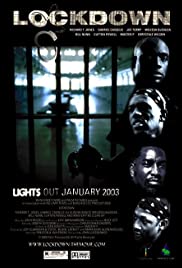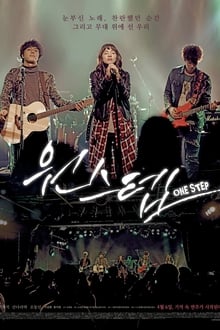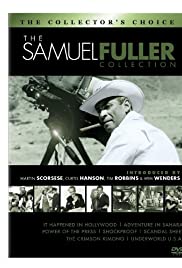
As if adolescence is not hard enough, a young, fatherless teenager living in a small town in the Brazilian heartland, confronts a degenerative eye disease that will ultimately leave him blind. As his vision deteriorates, he goes through the pain and confusion of his unreciprocated first love, and ultimately will have to learn first-hand how to see life with different eyes.
You May Also Like

Since they were both five, Ryosuke has been stalked by Momoko – the ugliest girl in the village. Her love for Ryosuke is so boundless that she has her face surgically altered to suit his taste – but still he wants nothing to do with her. Ryosuke goes in for fleeting romance – for example, with the girlfriend of a gangster boss. But when he finds out about their affair, he has Ryosuke’s little finger hacked off. Magically, the finger falls into Momoko’s hands, and she uses it to clone Ryosuke, so she can finally have him (or almost him) for herself. And this is just the first five minutes of Lisa Takeba’s short-but-powerful feature debut. Just like in her previous short films, the director – who cut her teeth in the advertising world and as the writer of a video game – throws a lot of genres and techniques into the mix: from science fiction to gangster films, from hospital eroticism to animation. Hectic and absurd, but with its heart in the right place. © IFFR

A dissatisfied 20-something seeks life and relationship advice from a retirement-home playboy, with mixed results.

Avery (Jones) returns to college as a competitive swimmer after getting his life back on track. But his life takes another unexpected turn when he and his two friends (Bonds, Casseus) are wrongly accused of murder and end up in prison.

A rich woman is losing her attractiveness and longs for passion with her husband, who is having an affair with his younger and more attractive masseuse. In order to boost her image, she seeks out the help of a local chef, who cooks some special dumplings which she are claimed to be effective for rejuvenation, but these dumplings hide a terrible secret.

An inside look at the ABC sitcom which turned Robin Williams into a star in 1978.

Members of an opera company performing Donizetti’s “Lucia di Lammermoor” find their lives parallel those of the characters.

Two soldiers of fortune are hired by an inventor to protect him and his invention, a radar-like machine that is capable of controlling armies and forcing them to fight.

May, 1980. Man-seob is a taxi driver in Seoul who lives from hand to mouth, raising his young daughter alone. One day, he hears that there is a foreigner who will pay big money for a drive down to Gwangju city. Not knowing that he’s a German journalist with a hidden agenda, Man-seob takes the job.

Jill Parrish is trying to rebuild her life after surviving a terrifying kidnapping attempt. Though she is having a difficult time, she takes small steps toward normalcy by starting a new job and inviting her sister, Molly, to move in with her. Returning home from work one morning, Jill discovers that Molly has vanished, and she is certain that the same man who previously abducted her has returned for revenge.

A group of friends reunited after the suicide of one of them must face all the secret and lies between them.

Si-hyun who lost all memory after a car accident and has colored hearing in which she can see sounds in colors, tries to complete the melody in her dreams. As the song nears completion, Si-hyun’s fragmented memories return to her.

Although he’s credited only for story, the dialogue has Fuller’s headline punch, and of course newspapering was an alternative universe he knew inside out. A publisher whose once-honest New York tabloid has been ideologically hijacked is aiming to make a course correction. Minutes after saying, “The power of the press is the freedom to tell the truth–it is not the freedom to twist the truth,” he’s a dead man. The rest of the movie deals with the efforts of his old friend, small-town newsman Guy Kibbee, to complete the paper’s redemption. Made in mid World War II, the picture angrily and explicitly likens homegrown demagoguery to Nazism–and its condemnation of media organizations “playing on the prejudices of stupid people” has acquired fresh relevance. Otto Kruger and Victor Jory (“a little Himmler”) supply the villainy, while Lee Tracy steps up to save the day as a casehardened yellow journalist named Griff.